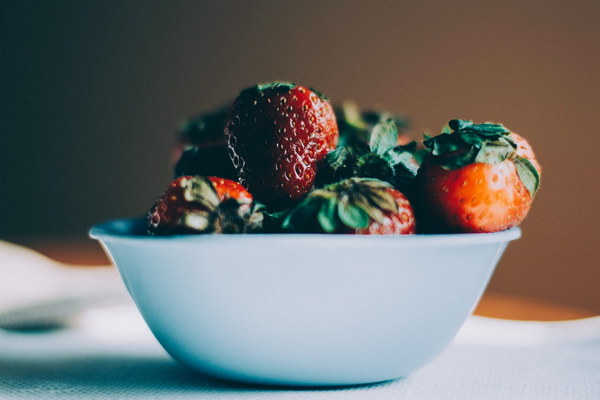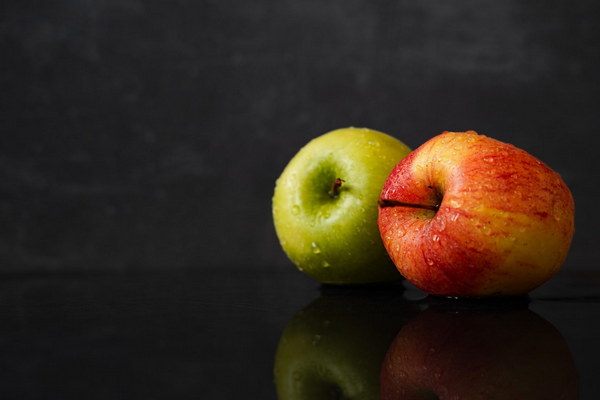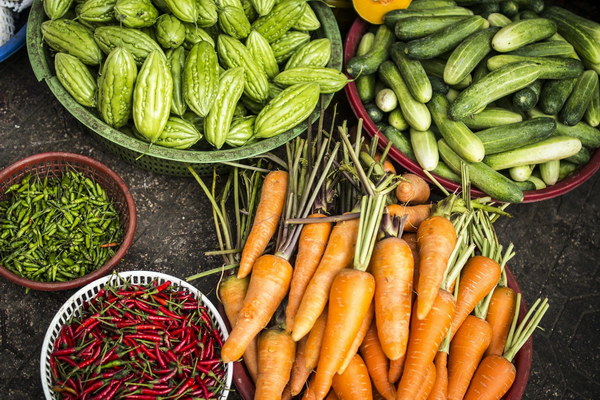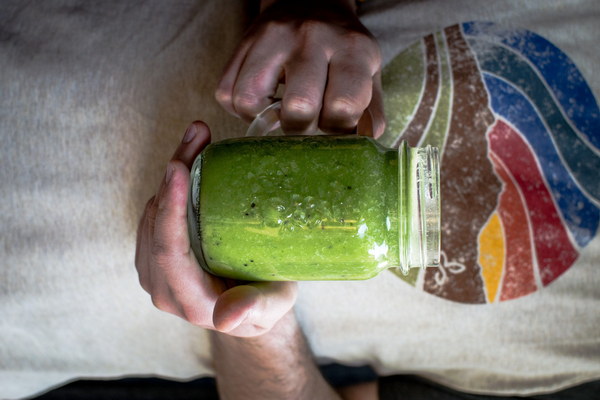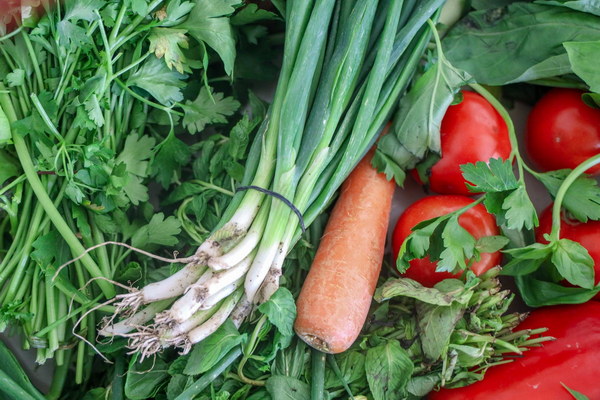Nourishing Remedies A Guide to Traditional Chinese Medicine for Ankylosing Spondylitis
Ankylosing spondylitis (AS) is a chronic inflammatory condition that primarily affects the spine and sacroiliac joints. It is characterized by stiffness, pain, and limited mobility in these areas. While modern medicine offers a variety of treatments, including medications and surgery, traditional Chinese medicine (TCM) has also emerged as a complementary therapy for managing the symptoms of AS. In this article, we will explore the concept of yao shan or medicinal diet, which is a key component of TCM, and discuss the specific dietary recommendations for individuals with ankylosing spondylitis.
Yao shan, or medicinal diet, is a therapeutic approach that focuses on incorporating specific foods and herbs into one's diet to promote healing and balance the body's energy, known as Qi. The goal of a medicinal diet for AS is to reduce inflammation, improve joint mobility, and support overall health. Here are some traditional Chinese medicine recommendations for ankylosing spondylitis patients:
1. Anti-inflammatory foods: Inflammation is a significant component of AS, so it is crucial to include anti-inflammatory foods in the diet. These include:
- Berries: Blueberries, strawberries, raspberries, and blackberries are rich in antioxidants and anti-inflammatory compounds.
- Leafy greens: Spinach, kale, and Swiss chard are excellent sources of vitamins, minerals, and anti-inflammatory properties.
- Nuts and seeds: Almonds, walnuts, chia seeds, and flaxseeds contain omega-3 fatty acids, which help reduce inflammation.
- Fatty fish: Salmon, mackerel, and sardines are rich in omega-3 fatty acids and have been shown to reduce the risk of inflammatory diseases.
2. Joint-friendly foods: Foods that support joint health are beneficial for individuals with AS. These include:
- Glucosamine and chondroitin: Found in shellfish, these compounds have been shown to improve joint mobility and reduce pain.
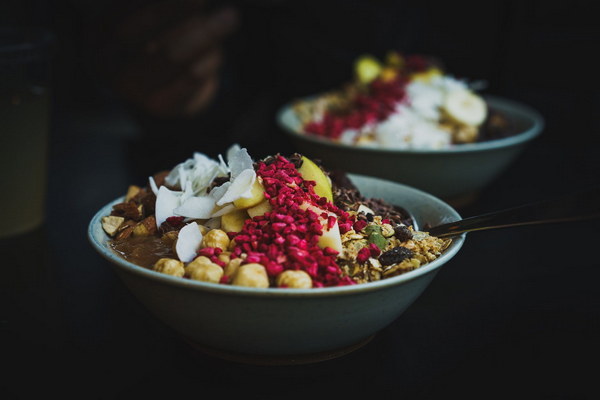
- Vitamin D: Essential for bone health, vitamin D can be found in fatty fish, egg yolks, and fortified foods.
- Calcium: Dairy products, leafy greens, and fortified foods are good sources of calcium, which is crucial for maintaining bone density.
3. Herbs and spices: Certain herbs and spices have anti-inflammatory properties and can be incorporated into the diet to support AS management. These include:
- Turmeric: This spice contains curcumin, a potent anti-inflammatory compound.
- Ginger: Known for its anti-inflammatory and pain-relieving properties, ginger can be added to teas, smoothies, or cooked dishes.
- Garlic: Garlic has been shown to have anti-inflammatory effects and can be used in various recipes.
4. Hydration: Staying hydrated is essential for overall health and can help reduce joint stiffness. Aim to drink at least 8-10 glasses of water per day.
5. Avoidance of trigger foods: Certain foods may exacerbate symptoms in some individuals with AS. It is important to identify and avoid these trigger foods, which may include:
- High-fat and processed foods: These foods can contribute to inflammation.
- Alcohol: Alcohol may increase inflammation and worsen symptoms.
- Refined sugars: High sugar intake can lead to increased inflammation and joint pain.
It is important to note that while a medicinal diet can complement traditional treatments for AS, it is essential to consult with a healthcare professional before making significant changes to one's diet. A healthcare provider can help tailor the dietary recommendations to individual needs and ensure that the medicinal diet does not interfere with any existing treatments.
In conclusion, incorporating a medicinal diet based on traditional Chinese medicine can be a valuable addition to the management of ankylosing spondylitis. By focusing on anti-inflammatory foods, joint-friendly foods, and specific herbs and spices, individuals with AS can potentially reduce symptoms and improve their overall quality of life. Remember to consult with a healthcare professional for personalized dietary recommendations.

